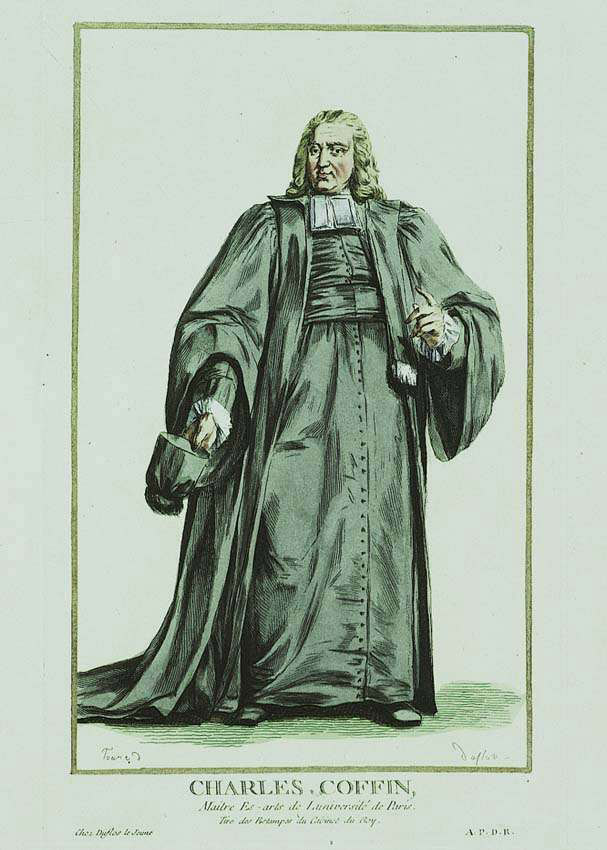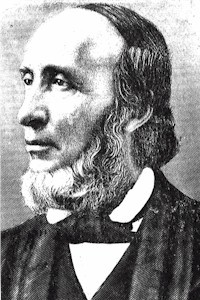Benedicamus Domino Peter Warlock (1894-1930) Sloane MS 2593 15th Century
This is used in the Latin Catholic mass at the end of services which do not use the Gloria (Lent and Advent, Septuagesima and Passiontide. It translates as Let us Bless the Lord. It was apparently unknown in Rome before 1000AD, and may be Gallician in origin.
Peter Warlock is a pseudonym for Philip Arnold Heseltine. The name Warlock is used in all of his published works and also reflects his interest in the occult. He is best known for his song writing and other vocal music. He was also a music critic.
Whilst at Eton he met Delius and began a long friendship. Failing at academe, he started work as a music journalist and was very interested in folk song and Elizabethan music. His first serious compositions are from around 1915 and after a stay in Ireland studying Celtic culture and language he returned to England in 1918 and began serious composition. His major work was done in the 1920s developing his own style. He is thought to have killed himself by coal gas poisoning in 1930 due to depression fearing a loss of creative inspiration.
 |
| Peter Warlock from Wikipedia |
No Small Wonder Paul Edwards (1955-) Paul Wigmore
Paul Christison Edwards is an English composer of Anglican music. He was educated at St Paul's Choir School and Bedford Modern School. He spent 4 1/2 years as a chorister at St Paul's and also spent a similar time as a lay clerk in Peterborough Cathedral. He has made numerous recordings of organ music on historic organs of Bedford. His carol No Small Wonder was written in 1983. He has written many choral work and organ music.
Paul Wigmore (1925 - 2014) started his career as a copywriter of 40 years standing before branching into hymn lyrics after being waylaid by his choir master. He wrote for school and church choirs but also church congregations.
 |
Paul Wigmore from his website.
|
The Angel Gabriel From Heaven Came. Sabine Baring-Gould Basque traditional arr. Edgar Pettman.
This is a Basque Christmas folk carol based on the annunciation of the Virgin Mary by Archangel Gabriel. It was collected by Charles Bordes (1863 -1909) a french music teacher and composer and paraphrased into English by Sabine Baring-Gould (1834-1924) an Anglican priest and collector of folk songs. It is commonly sung to an arrangement by Edgar Pettman (1866-1943) English organist, choral conductor and music editor.
In Dulci Jubilo German 15th Century Arranged by Robert Pearsall (1795-1856) for 8 soloists and chorus with today's version arranged for four voices by W J Westbrook.
Translated means In Sweet Rejoicing and is thought to have been written by the German mystic Heinrich Seuse in 1328. Folklore says that Seuse heard angels singing In Dulci Jubilo and joined them in dancing in worship.
Robert Pearsall is best known for his arrangement of In Dulci Jubilo. He was born in Bristol into a Quaker family. He was an amateur composer with most of his works published after his death although many still remain in manuscript.
Taken from our music:
The original melody employed, as a Cantus firmus, in the following compositon, is to be found in an old German book published in the year 1570, - which from its title and contents appears to have contained the ritual of the Protestant Congregations of Zweibrueken and Neuburg. Even there it is called "A very ancient song (uraltes Lied) for Christmas eve;" so there can be no doubt that it is one of those old Roman Catholic melodies that Luther, on account of their beauty, retained in the Protestant Service. It was formerly sung in the processions that took place on Christmas-eve, and is so still in those remote parts of Germany where people yet retain old customs. The words are rather remarkable, being written half in Latin and half in the upper German dialect. I have translated them to fit the music, and endeavoured to preserve, as much as I could, the simplicity of the original. Of the melody there can be but one opinion; namely that which in spite of religious animosity, secured it the approbation of the Protestant reformers, and that of the German people during many centuries. The music in the following passages was written for the Choral Society at Carlaruhe, and was performed there in the Autumn of 1834. The original melody is distinguished by being expressed in notes of rather a larger character then those for which I am personally answerable.
Willsbridge, Gloucestershire, 31st January 1837. R.L.P.
 |
| Robert Pearsall from Wikipedia |
Torches John Joubert (1927- ) From the Galacician
John Joubert is a British composer of South African descent. He was born in Cape Town and educated at Diocesan College, Rondesbosch, founded by the Anglican Church. He started as a painter, but by 15 years of age had moved to music although not as a performer. In 1950 he was appointed Lecturer in Music at the University of Hull the same year as graduating from Durham with a Bachelor of Music. Torches was written in 1951 for his wife's pupils and was published 10 years later in Carols for Choirs Vol 1. He moved to Moseley in Birmingham to take up a senior lectureship in 1962, retiring in 1986.
 |
| John Joubert from Wikipedia |
Lully, Lulla, Thou Little Tiny Child Kenneth Leigton (1929-1988)
Also known as The Coventry Carol, this is possibly the earliest English carol, written for the Pageant of the Shearmen and Tailors of Coventry. There are references to it from 1392 and a text of 1534. It is the lament of the mothers of the Holy Innocents, the children killed on the orders of King Herod.
Kenneth Leighton was born in Wakefield, Yorkshire. His parents recognised his musical talents and enrolled him in the choir school at Wakefield Cathedral. He was a pianist of precocious talent. He gained a place at Queen Elizabeth Grammar School in 1940 and whilst there gained his LRAM in piano performance. He studied Classics at Oxford after gaining a state scholarship. He simultaneously studied for a degree in Music. Gerald Finzi became an early supporter and friend and introduced him to Vaughan Willimas. His setting of The Coventry Carol remains one of his popular pieces.
 |
| Kenneth Leighton from Wikipedia |
The Echo Carol Alfred Whitehead (1887-1974)
Alfred Whitehead was born in Peterborough and received his earliest musical education at the cathedral in Peterborough. He studied organ at the Royal School of Music in London. In 1912 he emigrated to Canada and became the first person to obtain the Fellowship of the Royal Canadian College of Organists. The Echo Carol is based on a traditional French carol. Alfred whitehead is considered in Canada to be their Rutter.









